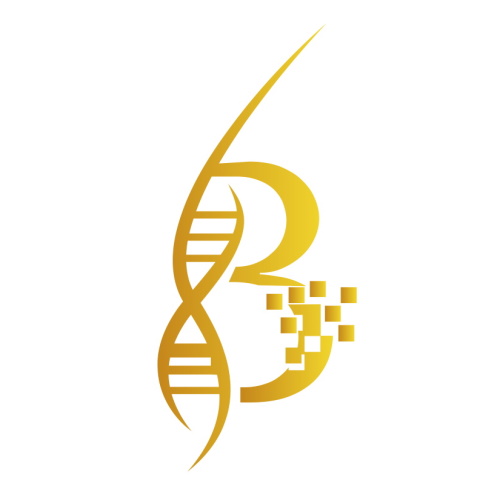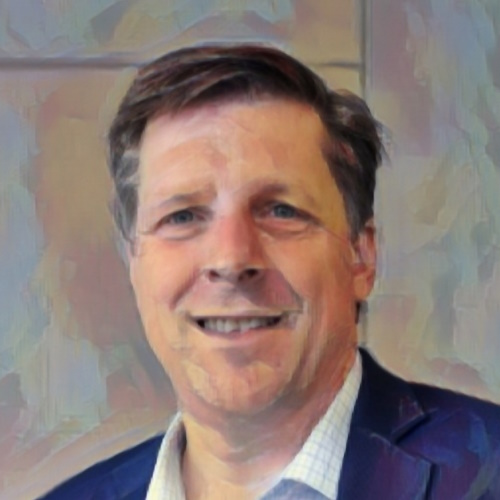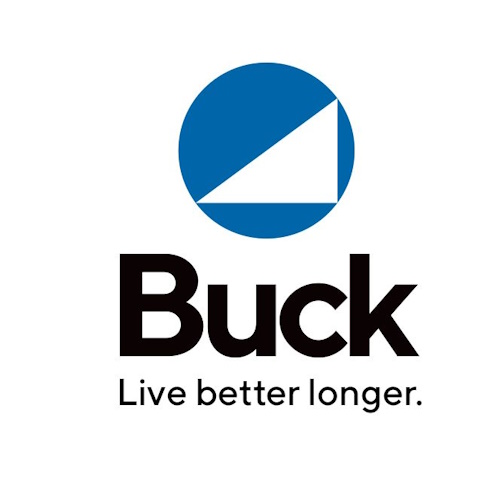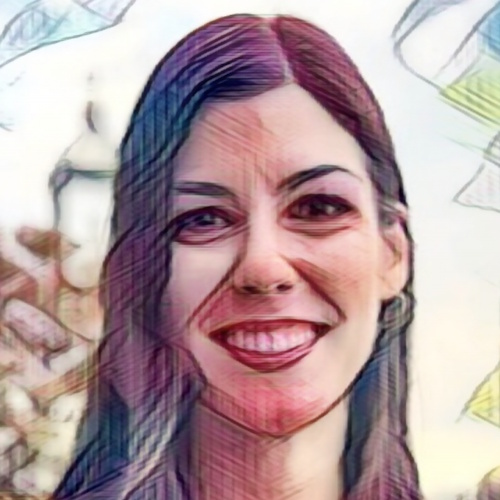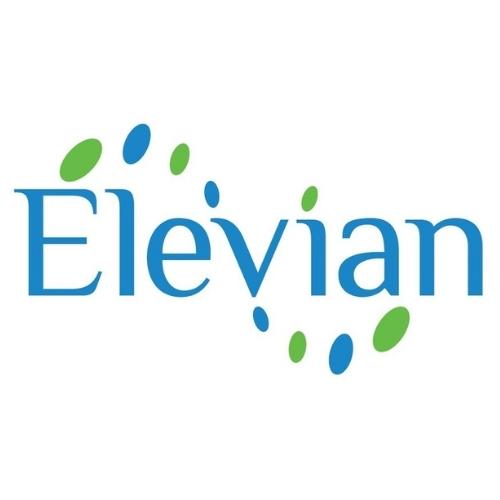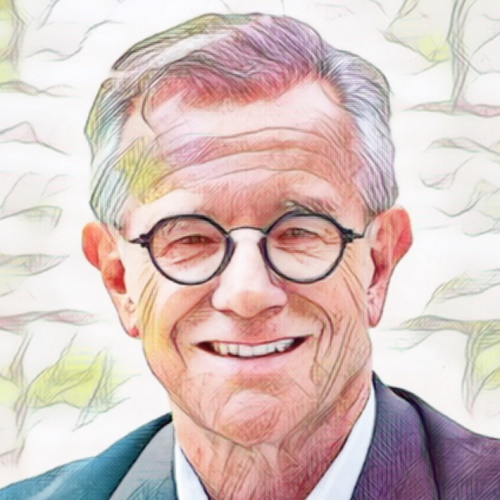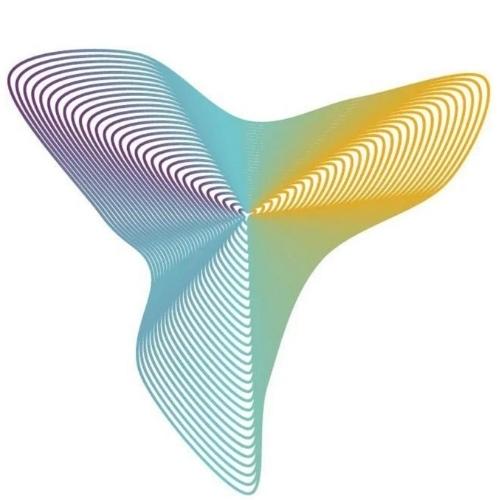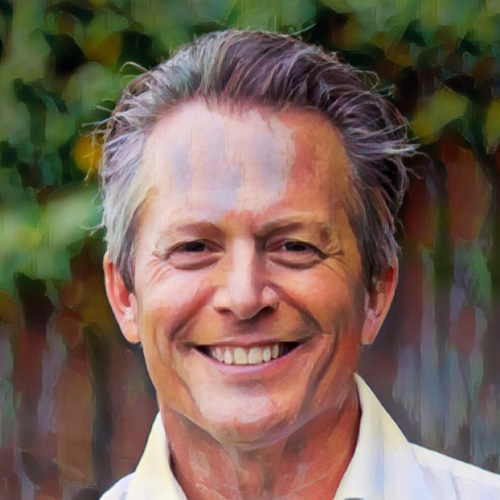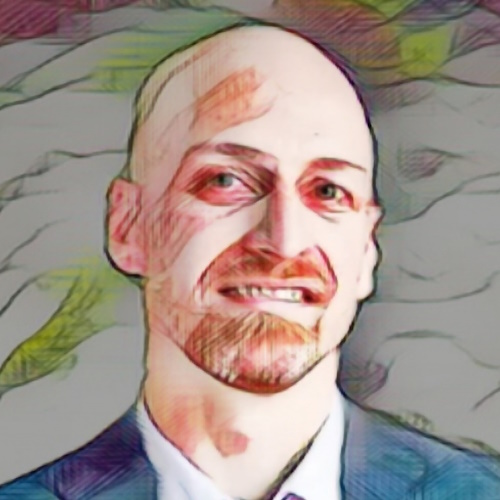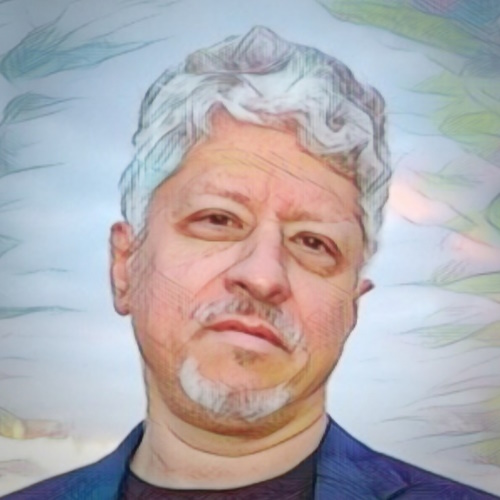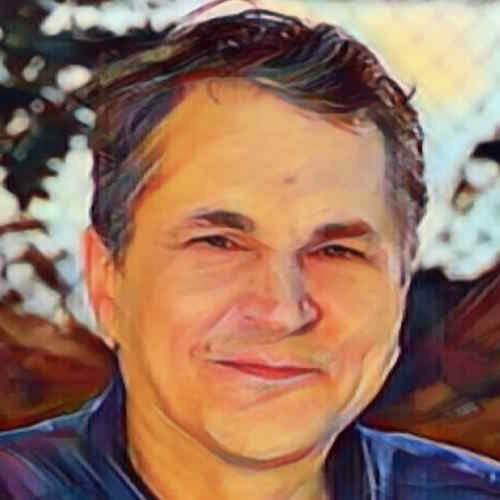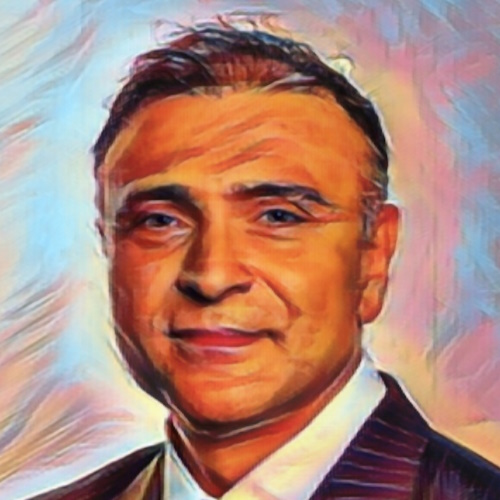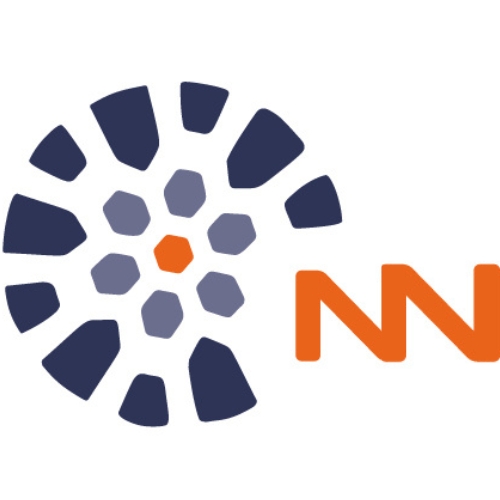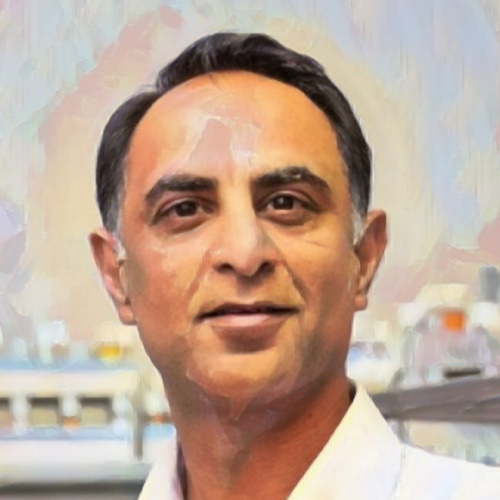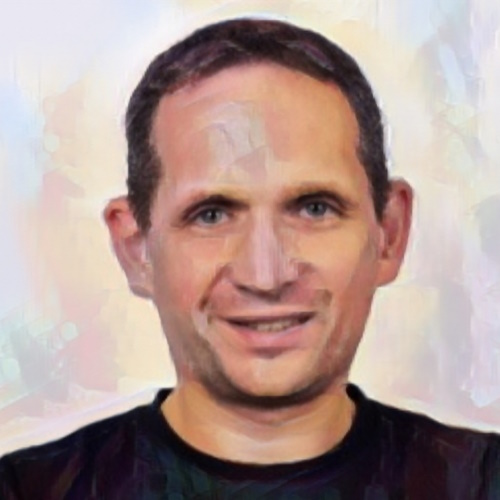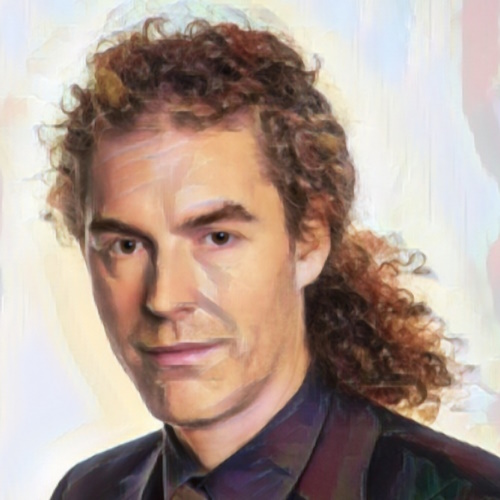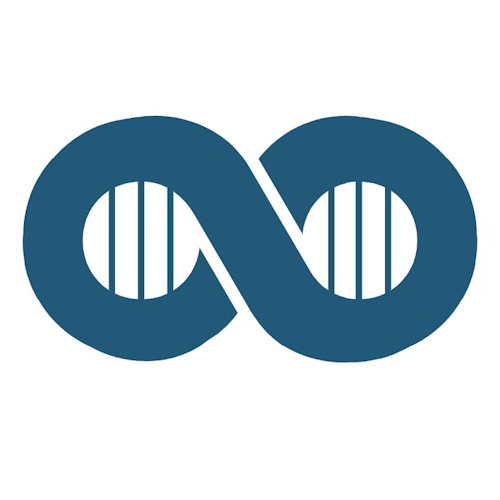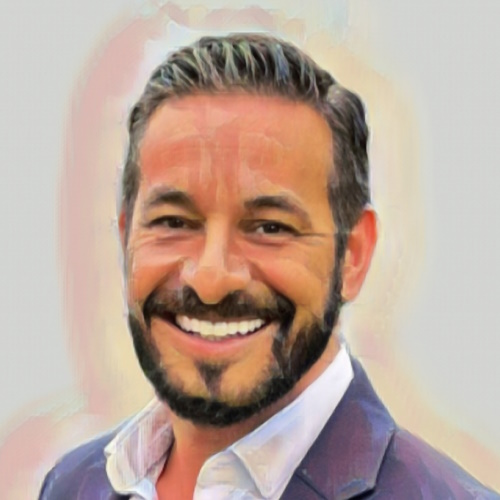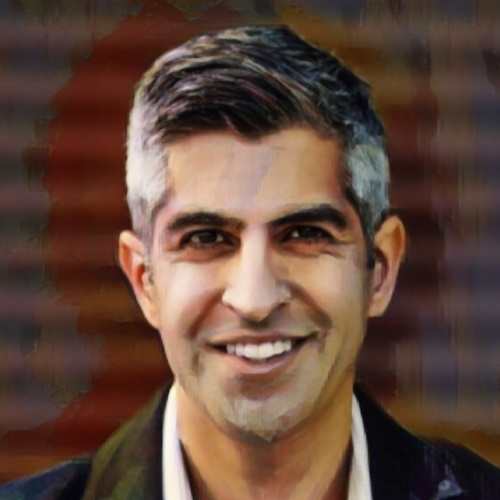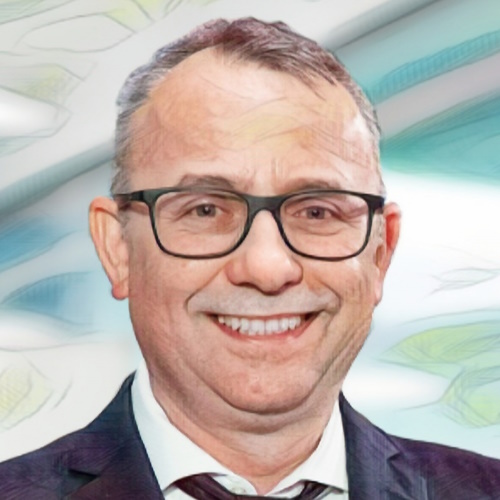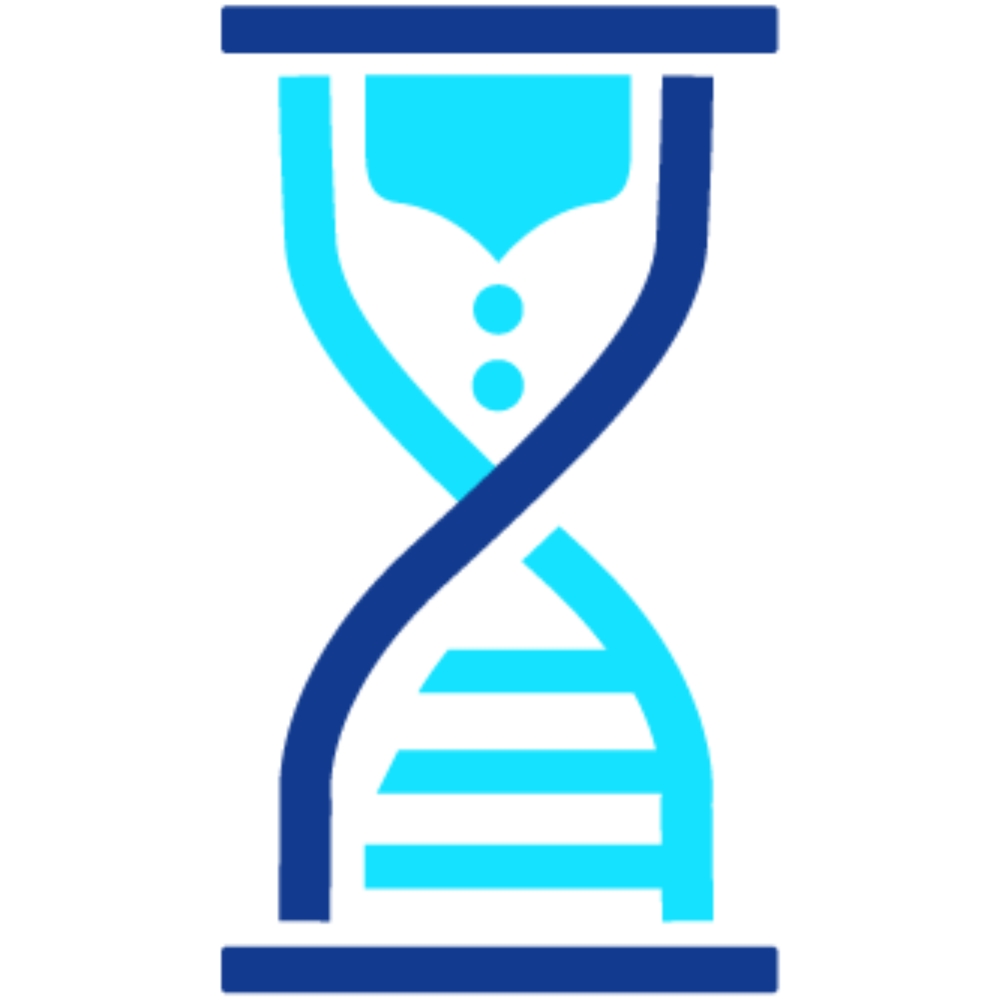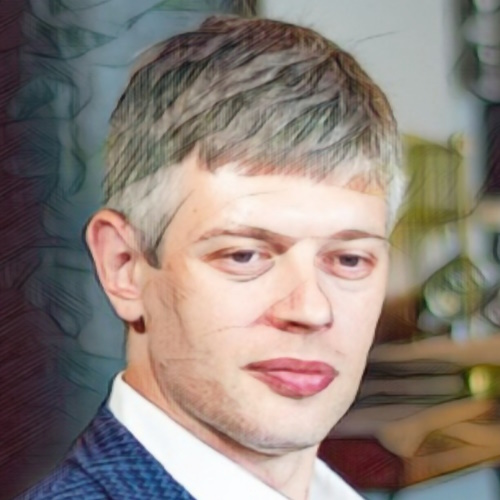Key points from article :
Was much more focused on the industry rather than on scientific programs.
Eric Verdin (Buck Institute)
- discussed recent work on biomarkers of aging, specifically epigenetic clocks
- different immune cell populations exhibit sizable differences in assessed epigenetic age
- also differences based on infection and inflammation status
Lou Hawthorne (Nanotics)
- platform produces particles that bind to, and deplete, specific molecules in the blood stream
- could target and remove harmful factors from aged blood
- focused on pro-inflammatory factors - initially the cytokine storm of sepsis
Alexander Schueller (cellvie)
- discussed mitochondrial dysfunction observed in aging
- aims to generate and deliver replacement allogeneic mitochondria
- first indication for clinical development is sarcopenia
Vlad Vitoc (Maia Biotechnology)
- working towards a near-universal cancer therapy based on delivery of THIO
- THIO is metabolised and utilized by telomerase, which nearly all cancer cells aggressively utilize
- have phase 1 clinical trials running now and more planned
- trials are conducted in partnership with Regeneron's checkpoint inhibitor therapy
Chris Rinsch (Amazentis)
- urolithin A supplement for improving mitochondrial function in aged individuals
- believe it works by improving both mitophagy and mitochondrial biosynthesis
Dobri Kiprov (Lyfspn)
- presented a range of human data from therapeutic plasma exchange patients
- various benefits seen - believed to be driven by modulation of the immune system
- unable, yet, so say how long the benefits last from one treatment.
Pankaj Kapahi (Juvify)
- supplement is a modulator of glycation
- hypothesis is that the generation of advanced glycation endproducts (AGEs) is the major problem that is produced by sugar metabolism
- short-lived AGEs are acting as appetite enhancers so benefits may be from calorie restriction
Yuri Deigin (Youth Bio)
- presented partial reprogramming findings in mice
- as well as using OSKM factors it is looking for novel factors with tissue-specificity
- mice tend to die when liver and intestine are repeatedly reprogrammed
- initial indication is Alzheimer's disease using periodic activation of altered genes
Silke Hüttner (Rejuvenate Biomed)
- combinatorial therapies using small molecules
- initially focused on how inflammation affects sarcopenia
Mourad Topors (Repair Biotechnologies)
- using gene and cell therapies to break down excess intracellular free cholesterol
- finding a faster path to the clinic in treatment of nonalcoholic steatohepatitis (NASH)
- raising funds to start clinical development program leading to human trials
Robin Mansukhani (Deciduous Therapeutics)
- using small molecules to train invariant natural killer cells to attack senescent cells
- one-time treatment rouses immune cells for at least months thereafter
Mike Kope (Cyclarity)
- employs engineered cyclodextrins to bind 7-ketocholesterol to treat atherosclerosis
- they can reverse the foam cell state that arises from 7-ketocholesterol exposure
- will begin their first clinical trials next year
Cristiana Banila (Mitra Bio)
- developed a way to measure epigenetic age in skin non-invasively
- skin cells obtained with adhesive tape have same results as those obtained using biopsies
Brian Kennedy (National University of Singapore)
- run 6-9 month interventions in mice and healthy older people while assessing biomarkers
- mainly looking at well-known small molecule geroprotectors (e.g. rapamycin)
- automation allows tens of thousands of experiments, using combined therapies, in nematode worms
Chris Shepard (Thymofox)
- highlighted that a young thymus is able to regenerate from injury
- looking for factors (upstream of FOXN1) that regulate the decline of the ability with age
Mark Allen (Elevian)
- outline their work on GDF11
- selected stroke recovery as the first clinical indication
- in mice recombinant GDF11 promotes vascular regeneration, activates stem cells, suppresses inflammation and improves metabolism
- first clinical trial for stroke recovery will begin in 2023
Matthias Breugelmans (Elastrin Therapeutics)
- regeneration of damaged elastin fibers in the extracellular matrix
- employs an albumin nanoparticle decorated with antibodies that bind to damaged elastin
- targeting a variety of indications, including vascular calcification, aneurysm and hypertension
Matthew Rosen (CoRegen)
- regulatory T-cell (Treg) based approach to defeating many different types of cancer
- gene knockdown of SRC-3 in Tregs may prevent solid tumors subverting the immune system by co-opting Treg cells
- aiming at a first phase 1 in 2023
Peter Fedichev (Gero)
- using AI to characterize degenerative aging into two different processes: damage and loss of resilience
- balance between these is different in mice and humans - hence most small molecules will have little effect in humans
Aaron Cravens (Revel Pharmaceuticals)
- developing a platform for high throughput enzyme engineering
- still working on enzymes to break glucosepane, CML, and other cross-links involved in aging
- intend to raise a series A next year
Hans S. Keirstead (Immunis)
- harvest the secretome of progenitor cell lines as a therapeutic product
- helps with sarcopenia, fibrosis, inflammation, arterial stiffness and adaptive immunity
Robert Cargill (Glionics)
- engineered microglia to deliver therapeutic molecules throughout the brain
- have demonstrated repopulation following clearance in mice
Rob Konrad Maciejewski (Biolytica)
- outlined a vision for data-driven approach to personalized medicine and lifestyle changes
Joshua McClure (Maxwell Biosciences )
- drug discovery platform producing stable variations of an antimicrobial peptide
- effective against pathogens of many types, including fungi, bacteria, and viruses
- could be a replacement for existing antibiotics and antivirals
Sophie Chabloz (Avea)
- supplement company offering NAD+ upregulation formulations incorporating nicotinamide mononucleotide
Felix Frueh (PAGE Therapeutics)
- targeting metastasis in cancer therapy
- only clusters of, not solitary, circulating tumor cells produce metastasis
Jürgen Reeß (Mogling Bio)
- restoration of immune function in older individuals using derivatives of CASIN to inhibit CDC42
- very early-stage company with promising mouse data


